Team Building

“Coming together is a beginning. Keeping together is progress. Working together is success-Henry Ford”
The term, “Team” has existed since times unknown. Over a period of time it has been further refined. To put it in simple words, a team denotes when different individuals join hands to work for a common purpose. Needless to say, teams are indispensable. Be it at home, educational institutions or professional organisations, teams and team spirit are integral to the desired work output. Each one of us is dependent on another person for some or the other reason. A man is a social animal, and what better way to prove this then the necessity of teams.
Building Teams - A Mammoth Task Indeed!

Great teams are not a co-incidence. They are the work of careful planning, strategy and sensible leadership. The term “group dynamics” plays a very important role in effective team building.
The best teams are the ones that comprise like-minded people who basically complement each other. While each team member needs to possess skill sets, they also should be able to work well together in a team set-up. An effective team entails that its members gain from each other’s skills and abilities.
Team members should strive to create a healthy working environment within the team. A good team must connect not only technically but also at the emotional-intelligence level. This, studies have proved is quintessential.
Last but not the least is the role of the team leader. A good team leader will motivate, furnish feedback and identify and help overcome weak areas of performance. Once again, communication is the key word.
Diverse Teams
Teams dominate organisational structures in the modern times. Nearly two decades ago, the term, ‘supervisor’ was replaced with ‘team leader’. Companies discovered that teams and team-work garnered better and more output than individual isolated performance. Teams have proved to benefit the individuals as well by creating a sense of belonging and commitment.
Functional Teams

Functional teams comprise members from diverse vertical levels of the company hierarchy. Each team is assigned a specific task. A team of this nature has its set of managers and subordinates. The manager is responsible for manning the internal operations and external relationships of the team. Each member is delegated a separate responsibility but the goal remains the same.
Cross-functional Teams

Cross-functional team as the name indicates is a combination of several functional teams. The team consists of experts from various functional areas who work together towards a set organizational goal. They are empowered to take decisions and concentrate on cross-flow of work between specialized sub-units.
Self-managed Teams

Self-managed team comprise of individuals who have the power to take decisions. Each team member is endowed with a different skill set and together as a team they perform and undertake assignments to complete projects for, which they are directly responsible.
Virtual Teams

A virtual team is one that uses the digital media to communicate. Since the market is flooded with varied communication tools, it is simple for the managers to create a team based on skill-set, strength and weaknesses rather than being confined to geographical boundaries. Conference calls and WebEx presentations are the trends of the present times.
Problem-solving Teams

Problem-solving teams are generally built in a crisis situation. Their prime objective is to focus on a problem and help resolve it. Once the plan of action has been formulated and implemented, the team is dissolved. The same may be said for the Task Force teams.
Permanent Teams

Permanent teams as the name suggests are of permanent nature and integral to the functioning of an organisation. Members of this team are like-minded with similar skill-sets. The goal is always, of course, shared. Even on the completion of an assignment, the team is not disbanded and neither are the team members retrenched. The human resources team, operation team and administration team are permanent in nature and function effectively through the year.
Management & Strategic Teams

Management teams decide detailed objectives, development strategies, plan operations, allocate resources and co-ordinate. Strategic teams are singularly concerned with providing leadership and direction to the organisation. These teams deal with the external environment, while deciding key objectives, formulating strategy and monitoring progress. A befitting example of Strategic teams would be Boards of Trustees.
Support Teams

Support teams provide the necessary help to facilitate the completion of a job effectively and efficiently. The nature of support could vary from technical; IT, finance, human resources or general office management and administrative support. Their work may not be very apparent but their support is invaluable to the smooth functioning of an organisation.
Multi-agency Teams

Voluntary and community organisations are becoming the order of the day. Their role is paramount in multi-agency or partnership working. They may oversee local strategic, community safety or children and young people’s partnerships, to mention a few.
Professional and Trade Organisations

Professional and trade organizations are associated with non-profit organisations. Their major function is to formulate and provide programmes and services to a group of people in the same profession. There may be a certain fee involved for membership to such a team. The members are given free training and counselling in their chosen fields. The best examples of such teams are, The National Writers Union and the International Association of Meeting Planners.
Enhancing Team Performance
A team that sticks together through thick and thin will give the best work performance and output. It is but obvious that this team is totally committed and professional in its approach and mind-set. The team members are capable of withstanding the test of time, enjoying the rewards of their hard-work and accepting and learning from the set-backs.
Share Information
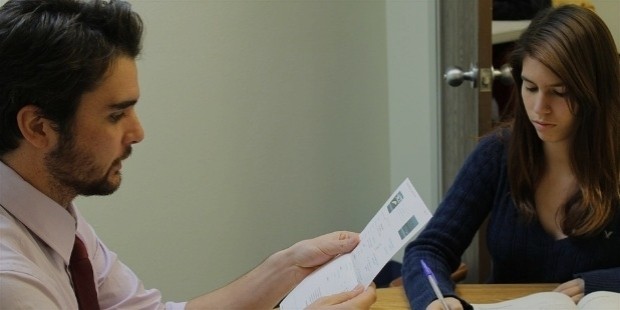
Let the team members know the dynamics of the company; the progress of the organisation and their role and contribution in the bigger picture. A positive and honest channel of information sharing increases the self-worth of the member, leading him to enhanced performance.
Timely Training Programmes
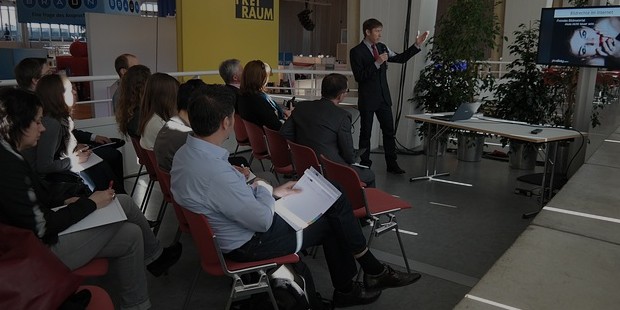
Organisation that do good business are the ones that take care of their teams. Regular training programmes to improve the skill sets of the team members will lead to better and quality performance. Engaging them in quality enhancement workshops and conducting timely sessions to reinstate the expectations of the company will go a long way in helping the teams to excel.
An Effective System of Feedback

Build an efficient system of feedback, where the team members are allowed to freely express themselves and are also involved in the complete work process. It is only fair to provide the members with a feedback of their performance, so that they may continue striving for excellence and improve where needed.
Rewards, Recognitions and Incentives

Incentives and rewards are morale boosters and encourage teams to improve their performance. The simple knowledge that there is a rainbow at the end of the journey is enough to compel a person to achieve higher levels of performance. Similarly rewarding an achievement can do wonders to enhance the performance of a team.
Convert Good Teams into Super-Good Teams
Super good teams consist of highly motivated, committed bunch of professionals. We are talking about human resource here. This involves painstaking planning, a well-thought of strategy and the right recruitment policy.
Intelligent Hiring
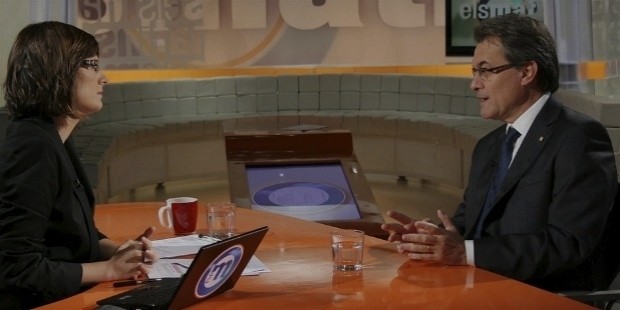
A super good team demands good and positive employees. It becomes imperative to hire those individuals who are best suited to the nature of organisation. Their disposition should be such that they merge well together as a team. Each new member must bring some quality and skill-set to enhance the team performance.
Integration is Essential

When a new person is hired, it is quite a task for him to create his place among the present employees. She/he spends a considerable amount of time trying to understand the company dynamics. The new-comer is not sure as whom to approach for her/his queries. It is imperative to help the new employee to acclimatise and adjust in a completely new and strange working environment.
Simple Process & Policies

A team may be very competent but the complicated and unnecessary work procedures, massive hierarchies and policies may hinder their zest to perform. Keep it simple, so that time and energy are directed towards increasing work output.
Improvisation is Welcome
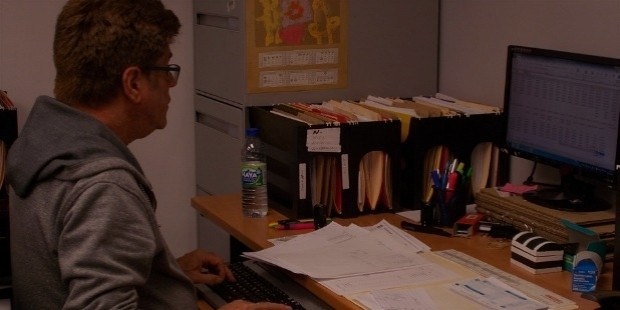
Allow working space to a team, so that it may feel compelled to achieve higher levels of performance. The management is equally accountable for promoting a super efficient and competent team. The team should be allowed to take decisions, innovate and improvise to accomplish better performance levels.
Communication and Interaction

Communication is the key word of modern times. Encourage communication, and as a part of the management introduce open and approachable channels of communication. Interact with the teams, address them and listen to them. Praise them generously on their achievements and be kind and patient over their failures.
Measuring Team Performance
A team is a group of individuals who combine to pursue and achieve a common goal through several individualistic and group tasks. As an entity, the outcome is the deciding parameter of a team’s performance. This is indicative of Total Quality Management. The performance measurement system must be to initiate improvements and not to discourage team members.
Individual Output V/S Team Output
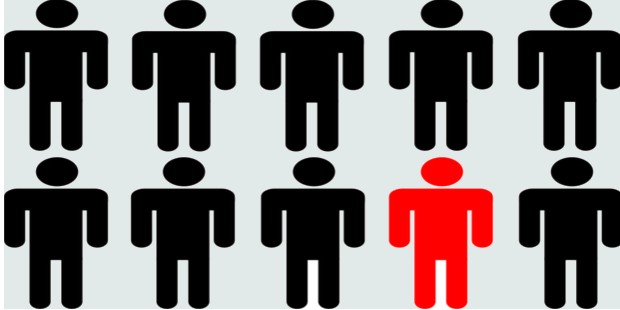
Each team member must be made accountable for the overall performance of the team. An individual’s contribution may be judged by his behaviour with other team members, his attitude and level of participation. His dedication and sincerity while undertaking a given task will determine the quality of his performance.
Individual outputs ultimately add up to indicate the team performance levels. The team dynamics may be best decided by observing it handle an assignment. The interest and commitment of the team members will be apparent in their interactions with each other.
Innovative Accounting

Innovative accounting evaluates the time the team members take to master a new task. A comparative study between the time taken to learn and its convergence into business will determine the performance levels of the team. This approach is closely related to delivering on time and delivering what the consumer wants.
A Comparative Metre

Comparison between previous performance levels and the present scenario will clearly indicate the achievements of the team. This provides the opportunity for improvement and marks the growth of the team as an entity. Milestones may be set and ‘key performance indicators’ may be used to determine progress.
Planned targets and Achieved Goals

A team may be given several targets, but the value of team performance depends upon the goals that have been achieved. The expertise of a team is largely decided by its understanding and prediction of its abilities. How often does the team meets its sprint goal is the question that needs to be answered here.
Enthusiasm
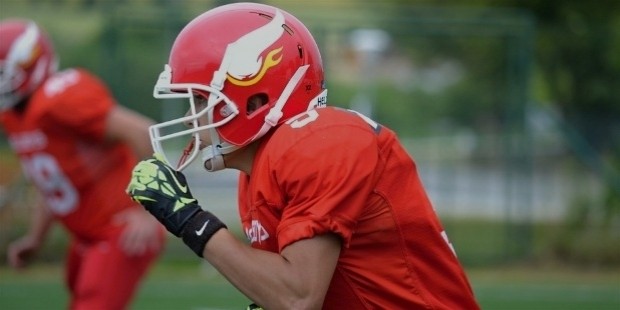
Enthusiasm is a major component for a successful team, while also one of the parameters to decide its performance levels. An enthusiastic team will have a more committed approach to the work at hand. The systemised outcome and business value will indicate the channelizing of their enthusiasm with the methodology of the organisation.
Sustaining in a Work Pace

Consistent and high levels of performance need to be complimented with sustenance. Sustained achievements and success at projects is indicative of the performance levels of the team.
Quality Adherence

Meeting the required quality standards is absolutely necessary for ensuring a faithful customer flow. A constant check needs to be kept to ensure that the team produces quality results. Timely deliverance of quality services or products is an indicator of the team’s performance levels.
Motivation Ensures Success
'Synergy is the highest activity of life; it creates new untapped alternatives; it values and exploits the mental, emotional, and psychological differences between people’. - Stephen Covey
An Inspired and motivated team is one that feels aligned with the business, its core values and vision. The members experience a sense of belonging and importance by the knowledge that their work contributions are meaningful and recognised by the organisation. Of course, needless to say the happiness quotient is imperative to motivate team members to excel. Creating a conducive work environment, fostering collaboration within team members and providing them with opportunities for self-development will further create a win-win situation.
Well-defined Goals

Clear goals ensure clear focus, which in turn streamlines the work process. Goals and targets simplify work and save time. One thing that needs to be kept in mind while setting targets is that the target should be realistic and challenging at the same time.
Encouraging Appreciation within a Team

Trust within team members is crucial for the free flow of ideas and information. A closely-knit team will perform better than one in which there is no understanding. Introduce a process where team members may get acquainted with each other and find it easy to create a shared vision of success.
Praise is a Wonder Drug

Words of appreciation, a pat on the back are age-old tricks to get the best out of a team. While achievements demand appreciation and rewards, failures must be dealt with gently and the members may be encouraged to improve their performance.
Encouragement works Wonders

It feels good to know that you are trusted and that your boss has confidence in your abilities. Treat each member of the team as a top performer. This attitude is highly rewarding as it motivates the members to excel.
Firm and Good Leadership
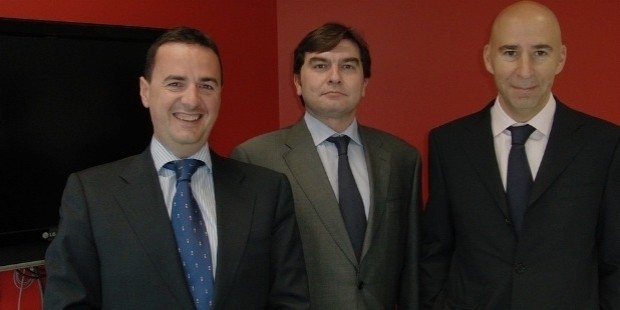
A good leader will motivate and encourage his team to perform. She/he is the fulcrum of a team. It is her/his responsibility to create and sustain a healthy work relationship among the team members. If she/he leads by example, his team will follow in her/his footsteps.
Assign Accountability

While the team is an entity in itself, its members have their own individual identities, capabilities and shortcomings. When each member is made responsible for an individual task, the results will definitely be impressive, as it is an accumulation of the high performance levels of each member.
Negate Pressure

Pressure is detrimental to performance. Supplement pressure with perspective and fun. Introduce a healthy and conducive work environment and encourage amicable relationships between colleagues across the departments.









